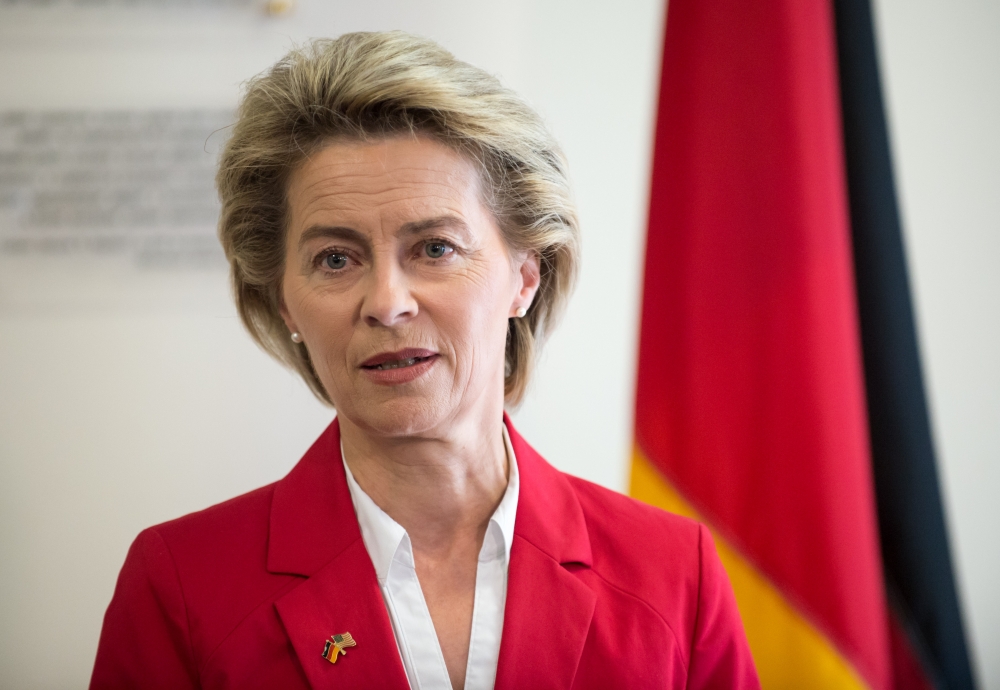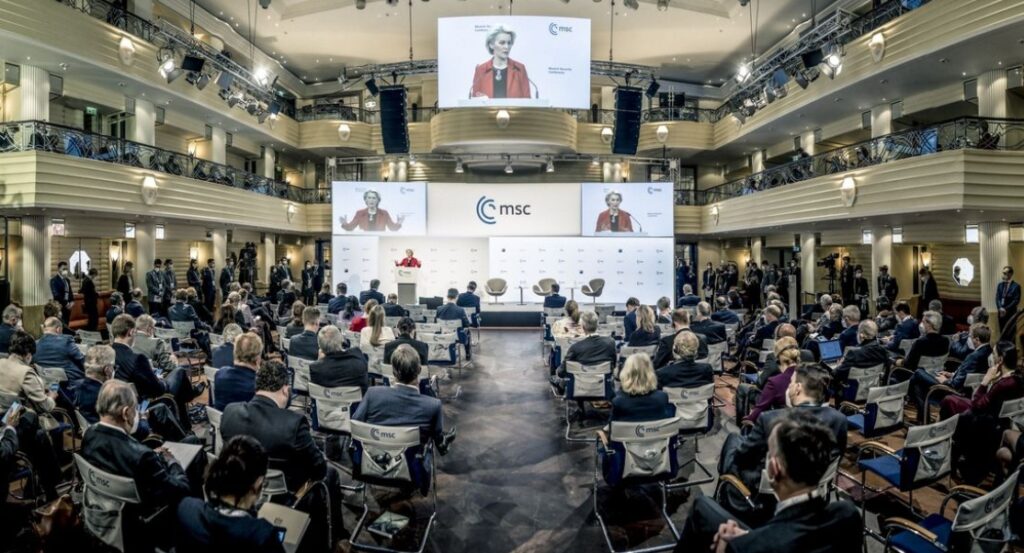The European Union Has a New President

The 2024 European Parliament election took place in the European Union (EU) between 6 and 9 June 2024. This was the tenth parliamentary election since the first direct elections in 1979, as well as the first European Parliament election after Brexit. In this election, 27 member states elected 720 Members of the European Parliament (MEPs) to represent over 450 million people.
Notably, the European People’s Party, led by Ursula von der Leyen, secured the most seats in the European Parliament. Meanwhile, centrist, liberal, and environmentalist parties experienced losses, while anti-EU right-wing populist parties made gains. The right-wing European Conservatives and Reformists group surpassed the centrist Renew Europe group in seat count, and the newly formed Patriots for Europe group secured the third most elected seats.

In 1979, the first European Parliament elections allowed EU citizens to directly elect their representatives, bypassing national parliaments. Member states’ plight and interests informed the process’s modifications.
Today, the election of Members of the European Parliament is a complex and multifaceted process that varies across the European Union member states. The European Parliament currently has 751 seats, with representatives from 28 countries. In May 2014, the 8th European elections took place, with 383 million citizens across the EU casting their votes to elect their representatives for a five-year term.
The European Parliament is considered a dynamic, supranational institution that has gained increasing power over time, particularly since the Lisbon Treaty in 2009. Unlike national parliaments, a single, uniform process does not elect the European Parliament. Instead, the election of MEPs follows different rules and procedures in each member state.
In some countries, voters cast their ballots for a party list, with the seats allocated proportionally based on the vote share. In other cases, voters select individual candidates in a first-past-the-post system, which means the candidate with the most votes in a given constituency in a nation-state wins the seat. Countries elect MEPs, allocating seats proportionally to each member state’s population. The national parties play a crucial role in selecting and fielding candidates for the European Parliament elections.
The minimum voting age is 18 in most EU countries, although some have set it at 16. There is no EU-imposed electoral law, as member states maintain sovereignty over the organisation and conduct of European Parliament elections. The diversity in electoral systems and candidate selection processes has implications for the composition and behaviour of the European Parliament.
The European Parliament is composed of both national and supranational factors. This implies that the European Parliament stands as a distinct entity, bridging national political domains with supranational governance. On one hand, citizens of their respective member states directly elect members of the European Parliament, thereby representing national interests and perspectives. The Parliament, on the other hand, operates at a supranational level and wields significant power in the European Union’s legislative process.
This dual nature of the European Parliament creates a complex dynamic. The national political dynamics and understandings of European identity shape the composition of the Parliament and its orientation towards supranationalism.
What are the main responsibilities of the European Parliament?
The European Parliament has three main roles:
- Legislative:
- The European Commission collaborates with the EU Council to enact EU laws.
- Deciding on international agreements.
- Determining enlargements.
- It assesses the Commission’s work programme and requests information on how it intends to pass legislation.
- Supervisory:
- Conduct democratic scrutiny of all EU institutions.
- Elect the Commission President and approve the Commission as a body.
- It has the option to vote on a motion of censure, which would force the Commission to resign.
- It authorises discharge, which means it endorses the allocation of EU budgets.
- Examining citizens’ petitions and establishing inquiries.
- Budgetary:
- It establishes the EU budget jointly with the Council.
- It approves the EU’s long-term budget, known as the Multiannual Financial Framework.
For each country, the number of MEPs (Members of the European Parliament) is roughly proportionate to its population, with a minimum of 6 and a maximum of 96 MEPs per country. The total cannot exceed 750 (plus the President). We group MEPs based on their political affiliation, not their nationality. The President represents Parliament to other EU institutions and the outside world, and he gives the final go-ahead to the EU budget.










